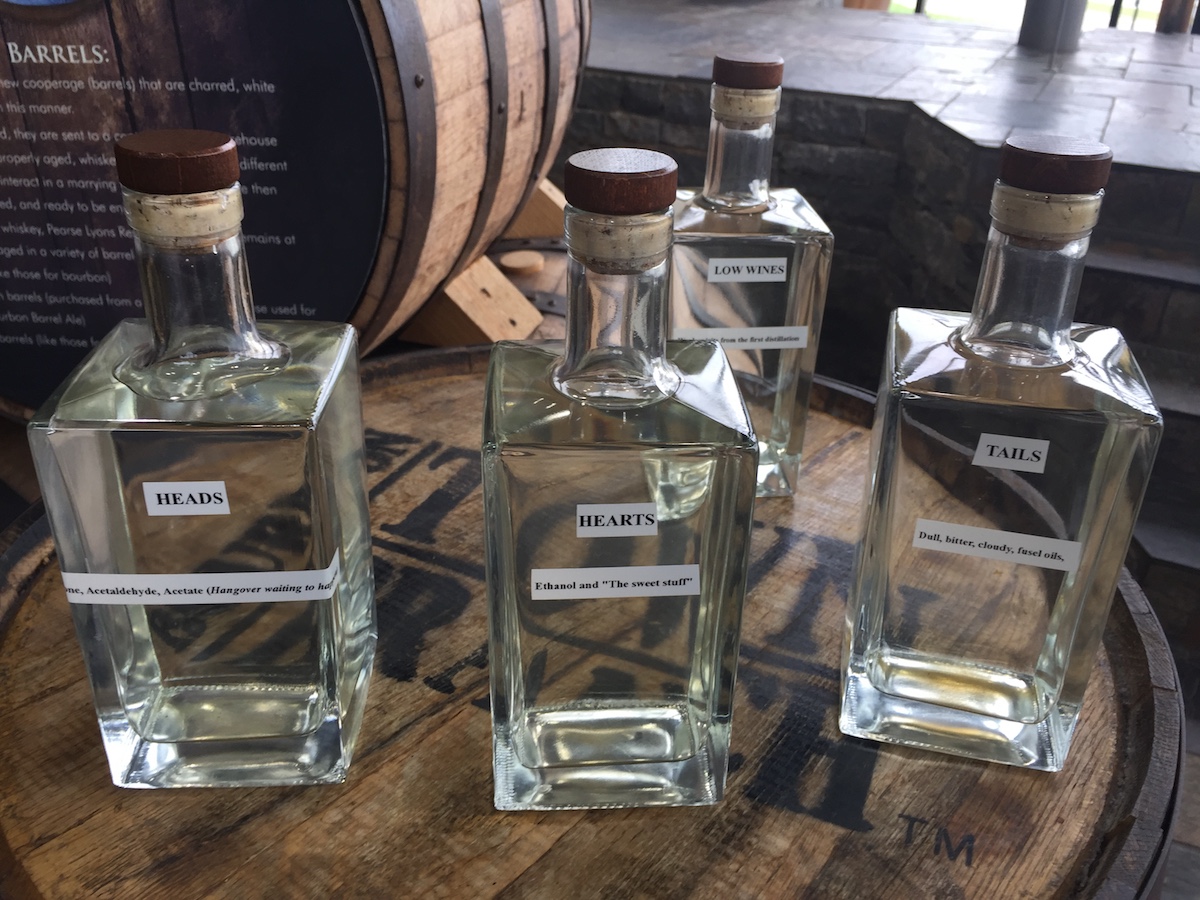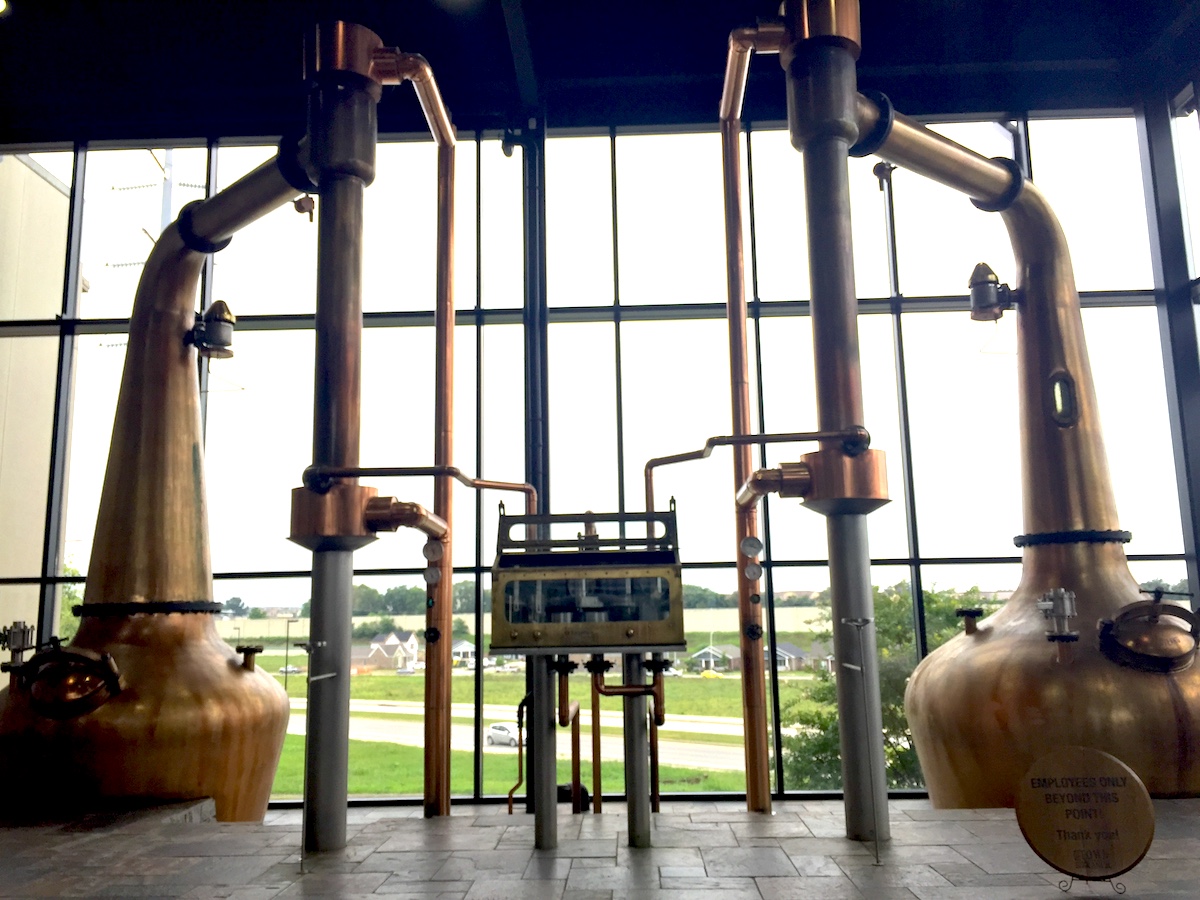Firewater

Recently, I traveled with my sweet friends Alan and Lori Caplin to Lexington, Kentucky. I have never been to Kentucky and quickly learned that Lexington is known for two things: horses and bourbon. The weather was magnificent during our stay, and I captured snapshots of the scenery in my mind. Over three days and three nights, we explored our surroundings, enjoyed fellowship with newfound friends, and prayed over those battling infirmities of the body and heart. By far, the most memorable part of our trip, however, was a visit to the distillery.
Lexington is home to more than a dozen distilleries and breweries, and travelers come from far and wide to sample their wares. Ironically, none of the three of us drink (save for a glass of wine on a special occasion, perhaps), so the tour guide’s continual efforts to have us taste various beers and spirits fell flat. The move of God, however, did not.
We learned on the tour that Kentucky is the perfect environment for making bourbon, because of the distinct seasons—they have very hot summers, and very cold winters—and because of the water. You see, Lexington sits on a bed of limestone, and the water takes on special properties as it flows through the rock. Then it is mixed with grain and distilled, continually exposed to the fire to be purified so that the resulting product tastes like fire itself.
…for they drank from the spiritual rock that accompanied them, and that rock was Christ.
1 Corinthians 10:4b NIV
During the distilling, the tour guide explained, the liquid that evaporates off is called “the angels’ share.” I envisioned the sweat of our brow rising to heaven with our prayers as we are tried by fire. Throughout the process, the master distiller also continually tests the spirits. You do not want the head (which is pure alcohol, like moonshine), our guide noted, and you do not want the tail (which is cloudy and tastes bitter). The master distiller is looking for the heart. What they call “the sweet stuff.”

1 PETER 4:12
When distilling is done, the process still is not finished. The refined alcohol is poured into oak barrels (which themselves have been charred by flames), and aged for at least four years, until it is mature and ready to drink. During the aging process, the product already has great value. It turns into whiskey, which many enjoy. But only when it has aged sufficiently—only when it is fully mature—does it become fine bourbon, a product of even greater worth.
As we were leaving Kentucky, Alan popped into a shop at the airport and blessed me with a last-minute gift: a baseball cap emblazoned with the brand-name Maker’s Mark. The three of us immediately knew the meaning. He has set His seal of ownership upon me. I am His masterpiece, created in Christ Jesus to do good works, which He prepared in advance for me to do. The Lord Almighty is His name, and I pray that wherever I may travel, all can see that I bear my Maker’s Mark.

ISAIAH 54:5
Now it is God who makes both us and you stand firm in Christ. He anointed us, set his seal of ownership on us, and put his Spirit in our hearts as a deposit, guaranteeing what is to come.
2 Corinthians 1:21-22 NIV


1 comment
Thanks for the encouragement! Great to be reminded the One who’s looking after us is more passionate about our progress than even the most expert of master distillers. And instead of making plans to consume us at the end of the whole process, LOVES us.